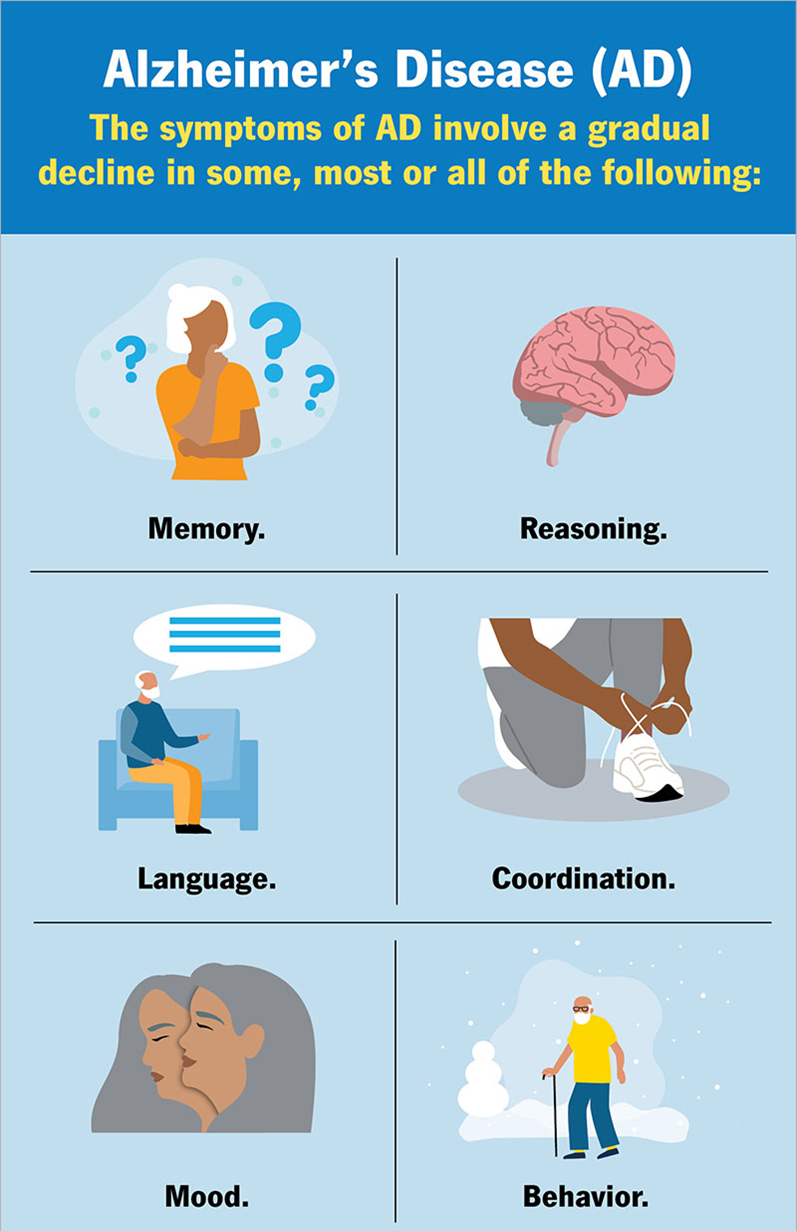A young client asks the nurse for their telephone number, with the intent of calling to schedule a date. Which of the following responses would be most appropriate?
I may consider dating you once you have fully recovered.
It’s against hospital policy for me to date clients.
This is a professional relationship, and we need to be clear on that.
I’m sorry, but I’m married and not interested in dating.
The Correct Answer is C
Choice A Reason:
This response is inappropriate as it blurs the professional boundaries between the nurse and the client. Nurses are expected to maintain a professional relationship with their clients to ensure that care is provided in an ethical and unbiased manner. Suggesting a potential future relationship can lead to misunderstandings and compromise the therapeutic relationship.
Choice B Reason:
While this response correctly states hospital policy, it does not address the underlying issue of maintaining professional boundaries. It is important for the nurse to communicate the need for a professional relationship clearly and directly. Simply citing policy may not fully convey the importance of these boundaries to the client.
Choice C Reason:
This response is the most appropriate because it clearly establishes the professional nature of the nurse-client relationship. It helps the client understand that the nurse’s role is to provide care and support within a professional framework. This clarity is essential for maintaining trust and ensuring that the therapeutic relationship remains effective and ethical.
Choice D Reason:
Although this response sets a personal boundary, it does not address the professional aspect of the nurse-client relationship. The nurse’s marital status is irrelevant to the professional boundaries that need to be maintained. It is more important to emphasize the professional nature of the relationship rather than personal reasons for declining the request.
Nursing Test Bank
Naxlex Comprehensive Predictor Exams
Related Questions
Correct Answer is C
Explanation
Choice A Reason:
Aggressive and angry.
Aggressive and angry behavior is not indicative of apathy. Apathy is characterized by a lack of interest, enthusiasm, or concern. Aggression and anger are more likely to be associated with other symptoms of schizophrenia, such as paranoia or frustration, rather than apathy.
Choice B Reason:
Concerned over recent events.
Being concerned over recent events shows an active engagement with one’s environment and emotions. This is the opposite of apathy, which involves a lack of interest or concern. Therefore, this behavior does not align with the definition of apathy.
Choice C Reason:
Indifferent to their surroundings.
This is the correct response. Indifference to one’s surroundings is a clear sign of apathy. In schizophrenia, apathy is a common negative symptom and involves a diminished ability to initiate and sustain activities, including social interactions. This lack of interest or motivation is a key feature of apathy.
Choice D Reason:
Supportive in group.
Being supportive in a group setting indicates active participation and concern for others, which is not consistent with apathy. Apathy would manifest as a lack of engagement or interest in group activities and interactions.
Correct Answer is A
Explanation
Choice A Reason:
Prevents the breakdown of acetylcholine.
Galantamine is an acetylcholinesterase inhibitor, which means it works by preventing the breakdown of acetylcholine in the brain. Acetylcholine is a neurotransmitter that is important for memory and learning. By inhibiting the enzyme that breaks down acetylcholine, galantamine increases the levels of acetylcholine available in the brain, which can help improve cognitive function in patients with Alzheimer’s disease1. This mechanism of action is crucial because it directly addresses the cholinergic deficit observed in Alzheimer’s disease.

Choice B Reason:
Decreases amyloid plaques in the brain.
This statement is incorrect. Galantamine does not work by decreasing amyloid plaques in the brain. Amyloid plaques are one of the pathological hallmarks of Alzheimer’s disease, but galantamine’s primary mechanism of action is related to acetylcholine metabolism. Other treatments and research efforts focus on targeting amyloid plaques, but this is not the function of galantamine.
Choice C Reason:
Increases acetylcholine levels in the brain.
While this statement is partially correct, it is not as precise as the correct answer. Galantamine increases acetylcholine levels indirectly by preventing its breakdown rather than directly increasing its production. The distinction is important because the therapeutic approach involves inhibiting the enzyme acetylcholinesterase, which breaks down acetylcholine, thereby increasing its availability.
Choice D Reason:
Limits neurotransmitter engagement of NMDA receptors.
This statement is incorrect. Limiting neurotransmitter engagement of NMDA receptors is the mechanism of action for a different class of Alzheimer’s medications, such as memantine. Galantamine does not affect NMDA receptors; instead, it enhances cholinergic function by inhibiting acetylcholinesterase and potentiating nicotinic receptors.
Whether you are a student looking to ace your exams or a practicing nurse seeking to enhance your expertise , our nursing education contents will empower you with the confidence and competence to make a difference in the lives of patients and become a respected leader in the healthcare field.
Visit Naxlex, invest in your future and unlock endless possibilities with our unparalleled nursing education contents today
Report Wrong Answer on the Current Question
Do you disagree with the answer? If yes, what is your expected answer? Explain.
Kindly be descriptive with the issue you are facing.
